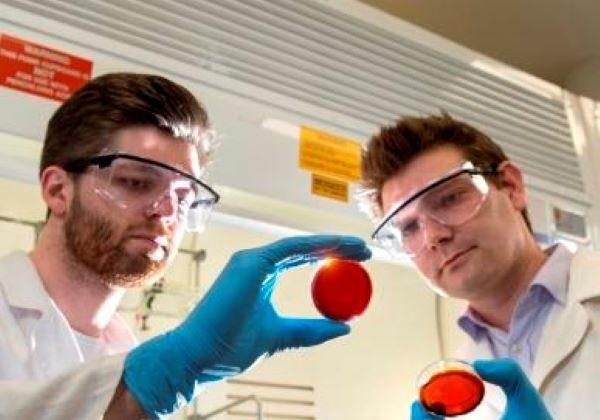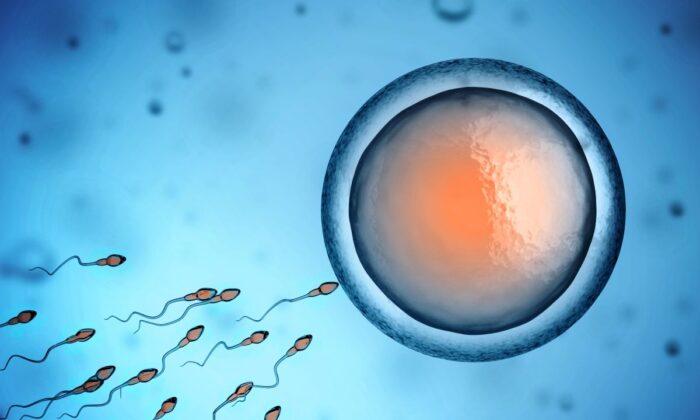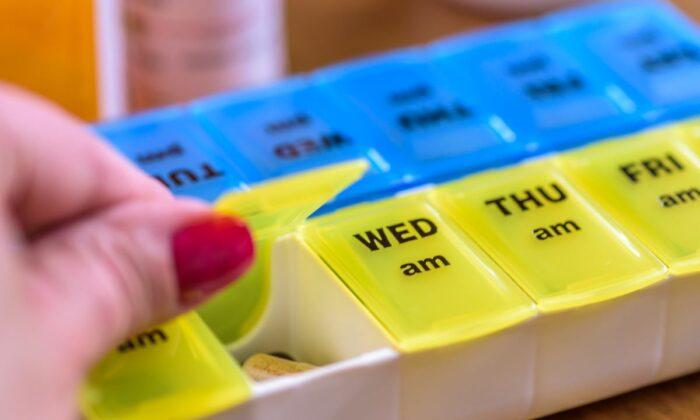With mercury contamination of water a global problem and removal measures often too difficult or expensive in developing countries, experts from Flinders University South Australia have developed a new extraction material capable of quickly binding almost all mercury in polluted water.
Tests showed that the sorbent, made entirely from low-cost waste from petroleum, citrus, and agricultural production, achieves almost total absorption of mercury in a minute under trial conditions.
“This silica covered with an ultra-thin coating of poly(S-r-limonene), using sulphur leftover in petroleum production and orange oil from orange peel discarded by the citrus industry, was extensively tested in various pH and salt concentrations,” he said.
“Not only is this new mercury sorbent able to rapidly bind to mercury in water, but it is also selective in taking up mercury but not other metal contaminants such as iron, copper, cadmium, lead, zinc and aluminium.”

Just 27 grams of the free-flowing orange powder has an approximate surface area of a football field and can be quickly produced in large enough volumes to suit mercury contamination levels, according to Dr Max Mann, who is also a member of Chalker Lab.
Mann told The Epoch Times via email that if applied in real-world situations, he thinks the best way to remove the mercury from contaminated bodies of water would be to pump the water through a tank or filter containing the sorbent.
“We have not yet investigated if the sorbent leaves any material behind in the water, so more research is required to answer that question,” he said.
Meanwhile, Chalker Lab PhD candidate Alfrets Tikoalu said that for the sorbent to be made even more sustainable, the silica component could be sourced from agricultural waste such as wheat or rice production.
“This mercury remediation technology can be a circular economy solution for a more sustainable world because this value-added material is made entirely from waste,” he said.





